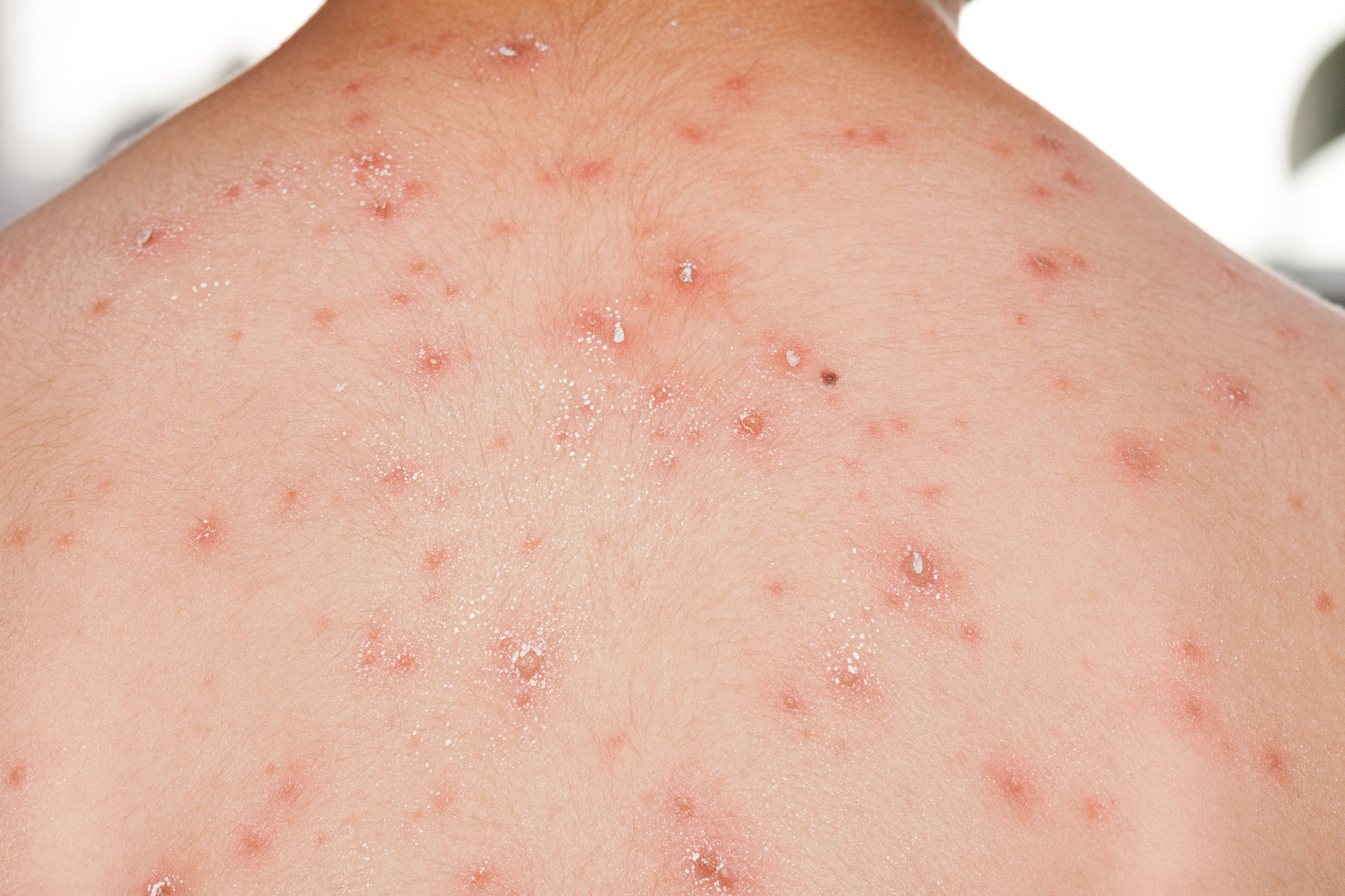Help Support Cork Safety Alerts – Donate the price of a coffee here via Stripe: https://csalert.ie/donate
Image courtesy of Deposit Photos
- HSE adds chickenpox vaccine to childhood immunisation schedule
The HSE has announced a series of changes to the primary childhood immunisation schedule, applicable to all babies born on or after 1 October 2024. This includes the introduction of the chickenpox (varicella) vaccine.
The changes in summary are:
- At 6 months – removal of the dose of MenC vaccine
- At 12 months – introduction of chickenpox (varicella) vaccine
- At 13 months – replacement of the combined HIB/MenC with a 6-in-1 and a MenC vaccine at 13 months
There are no changes to the number of GP visits required. They remain at 2, 4, 6, 12 and 13 months.
Dr Chantal Migone, Consultant in Public Health Medicine at the HSE National Immunisation Office said;
“We are delighted that the chickenpox vaccine is now part of the routine childhood immunisation schedule as has been recommended by the National Immunisation Advisory Committee (NIAC). All babies born from 1 October 2024 will be offered the new childhood immunisation schedule, which includes chickenpox vaccine at 12 months of age.
Many parents might consider chickenpox to be a mild illness, but for some babies chickenpox and its complications can be very serious, resulting in hospitalisation for 170 cases last year, and in rare cases even death. Adding the chickenpox vaccine to the routine immunisation schedule will ensure the best protection for babies and far fewer serious cases of the disease.
The immunisation schedule remains with five separate GP visits, at 2, 4, 6, 12 and 13 months. Following the schedule and making sure your baby completes the recommended vaccines on time every time ensures they have important protection from many potentially serious and preventable diseases.
Vaccination is safe, effective, and essential for community immunity. One of the best things you can do for your baby’s health as well as the health of others, is ensuring your baby is up to date with their vaccinations. Don’t forget to bring along your baby’s blue immunisation passport to each appointment to keep record of each vaccine your baby receives. If you’re not sure if your baby has had all their recommended vaccines, talk to your GP or GP nurse for advice. You can also check your child’s immunisation record from your HSE Local Health Office,” concluded Dr Migone.
For further information about the Primary Childhood Immunisation Programme visit www.immunisation.ie.
- NIAC recommends a second varicella vaccine, to be given in Junior Infants as a combined MMR and varicella vaccine, MMRV. This is part of the schools’ immunisation programme. This programme will be fully implemented in 2029.
- Parents can access the new Primary Childhood Immunisation Programme schedule for babies born on or after the 1 October 2024 here and here.
- Currently, there is no catch-up programme for babies born before 1 October 2024 to receive the chickenpox vaccine.
- Only hospitalised cases of chickenpox are notified to HPSC. In 2023, there were 170 cases of hospitalised chickenpox notified in Ireland, the highest number notified in recent years.
– 2022 – 75 cases
– 2021 – 23 cases
– 2020 – 21 cases
– 2019 – 93 cases
– 2018 – 99 cases.
o Cases of hospitalised chickenpox are highest in the 1-9 year old age group
o Chickenpox infection can result in serious illness. Since 2018, there have been four cases of meningitis and 10 cases of encephalitis-related chickenpox reported
o Chickenpox has also been identified as a risk factor for invasive Group A Streptococcus (iGAS) infection
– During the increase in iGAS cases in 2023, of 532 iGAS cases reported:
- 29 were also reported as being hospitalised Chickenpox cases
- Chickenpox was listed as a risk factor in a further 51 iGAS cases.
- The HSE National Immunisation Office provides trusted, up-to-date information about HSE immunisation programmes for children, adults and healthcare professionals in Ireland

